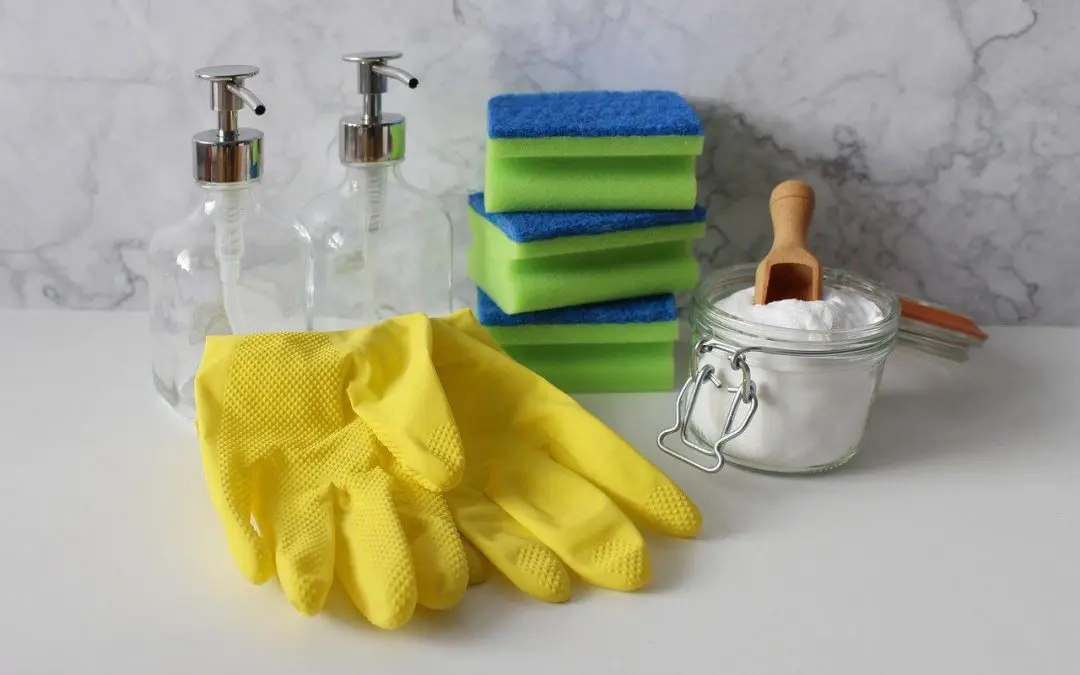Your home should be tidy, comfortable, and safe for you and your loved ones. Cleanliness is more than just the look of a home; it promotes good health and overall well-being. Homes that are in poor condition expose homeowners and their loved ones to potential fire hazards, water leaks, and structural problems. Here are a few tips to help you maintain a safe and healthy home.
Watch for Leaks
Maintain a safe and healthy home by making sure it is dry. Repair defective guttering systems and faulty roofs. Regularly inspect your plumbing and look for leaks, especially in the bathrooms and laundry room. Water leaks can destroy your belongings, promote mold growth, and damage the structure of your home.
Maintain a Safe and Healthy Home with Ventilation
Make sure your home is well ventilated, especially if you use natural gas for cooking or heating. Use bathroom and kitchen ventilation fans to help reduce moisture and improve indoor air quality.
Have your home tested for radon gas. If your home has high levels of radon, hire a professional to seal cracks in the foundation, and install a mitigation system to vent the gas out of your home.
Clean Regularly
Dust, pet dander, mold, and other pollutants can cause health problems like allergies, respiratory issues, headaches, and asthma. Keep your home clean by dusting and vacuuming regularly.
Replace HVAC filters as recommended to reduce allergens in your home. Clean the vents and ducts to decrease the concentration of airborne irritants such as pollen and mold.
Prevent Mildew and Mold Growth
Keep your home dry to prevent mildew and mold growth. Mildew and mold prefer warm, damp surfaces. Promptly dry any spills and make efforts to reduce humidity in your home.
Thoroughly clean your kitchen, bathroom, and other damp areas with disinfectant cleaning products. Mold is a health hazard and it causes damage to your property. You’ll want to take steps to prevent it from spreading in your home.
Keep a Safe and Healthy Home by Reducing VOCs
Decrease the concentration of harmful contaminants in your home by using paints and cleaning products that are low in volatile organic compounds (VOCs). Such chemicals can cause sinus irritation, headaches, and other health concerns.
Other materials containing high concentrations of VOCs include carpets, scented candles, and particle board furniture. Air purifiers and proper ventilation will help to lower the levels of VOCs in your home.
Install Safety Devices
Install carbon monoxide and smoke detectors according to local or state regulations. Buy a multipurpose fire blanket and fire extinguishers and keep them within reach in case of an emergency. Test your devices often and replace the batteries of the smoke detectors every six months or as needed.
Make a Fire Escape Plan
Work with your family to develop a fire escape strategy. Plan exits from every room. Practice your escape plan with family members so that everyone knows how to exit the home in case of a fire. Designate a safe meeting place outside and away from the home.
Maintain Safe and Healthy Water for Your Home
Tap water often contains chemicals and contaminants that may impact your health. Filter tap water to remove these pollutants and make it safer for drinking. There are many types of water filters available for your home. Request a water quality report from your utility company to help you decide what filter is best for your family.
HomeVantage Home Inspections provides inspection services to Northern New Jersey. Contact us to schedule an appointment.

